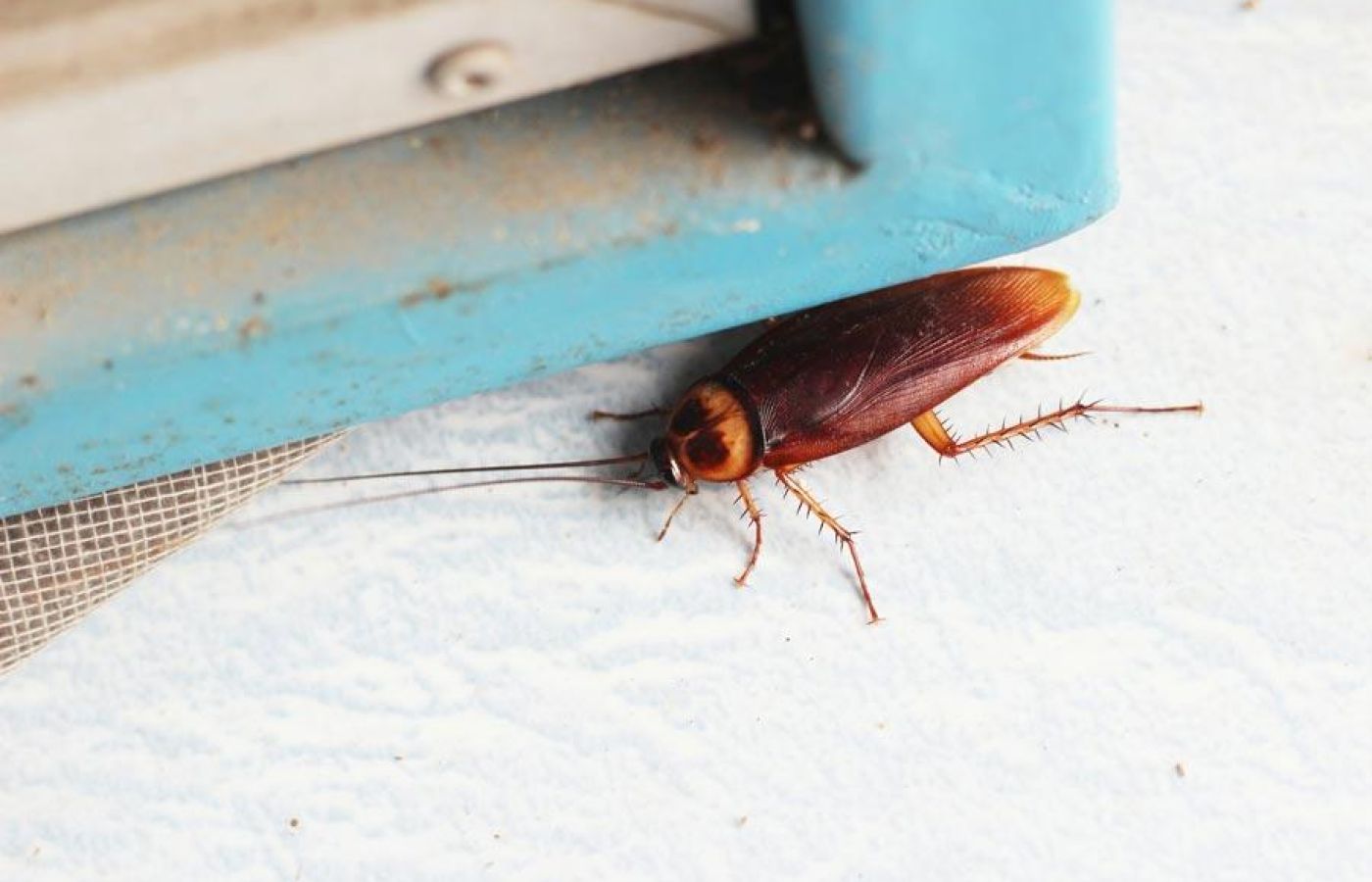As the temperatures drop, critters of all shapes and sizes start eyeing off your home like it's the Hilton Hotel. As winter further sets in, it ushers in a slew of common pests on the lookout for cozy shelter, warmth, and a reliable food source within your home. While some are relatively harmless, others pose a significant threat, especially to individuals with a history of allergic reactions to bites and stings.
As a trusted and effective pest control services and termite control provider in Southeastern South Australia and Southwestern Victoria, Spiderman SE can help rid your home or business of some of the most common Australian winter pests.
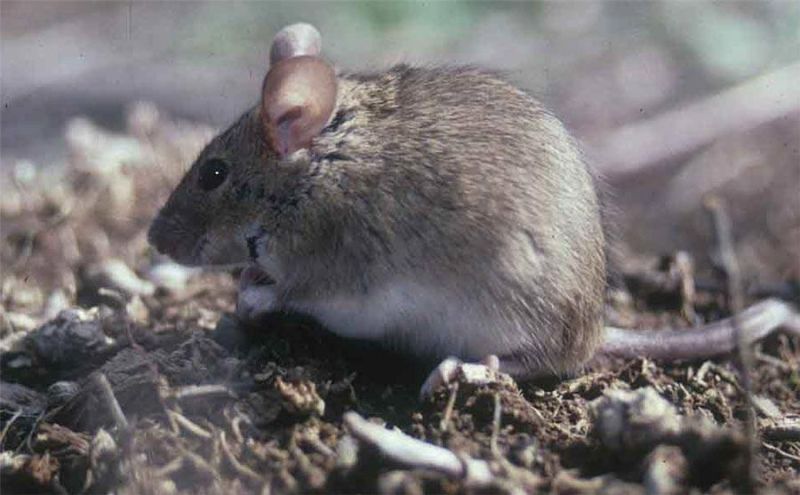
Rodents
Winter is their prime time to shine. While we're snuggled up under blankets, they're out there, scurrying about, looking for snacks and a snug place to crash. And your pantry looks like a five-star buffet to them. House mice are pests as they often eat the food stores of humans and other animals, causing destruction, spreading disease, and causing food wastage. In the home, they will set up camp in cupboards, behind appliances, and roof cavities. Outside you’ll find them in garden sheds and areas where livestock food is stored.
House mice can breed at an alarming rate and start breeding from just eight weeks of age. Their litter is between four and eight, and their fast breeding cycle means that plagues of mice can occur quickly so don’t hesitate to get in touch if you spot a mouse in your house!
Spiders
As the weather turns chilly spiders instinctively begin looking for somewhere to spend the winter. Fair call too; why rough it in leaves when they could stay warm and dry inside? Your home becomes their winter wonderland, complete with room service (i.e., you) and all the amenities a spider could dream of. Put a stop to these spiders which are most likely to appear during winter:
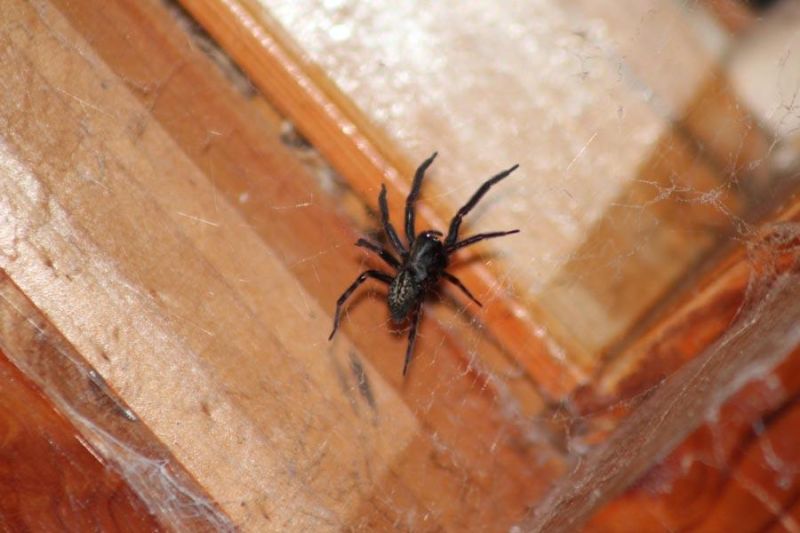
Black House Spider
This is one of the most common house spiders in the entire world and was accidentally introduced in Australia from Europe many years ago. Around your home they are commonly found in sheds and garages, as well as camping out in the corner of your windowsill or skylight. They aren’t considered dangerous to humans, but they are venomous and can bite if they feel threatened.
You can identify these spiders by their bulbous figure and (as the name suggests), black colouring. They are often mistaken for Funnel Web spiders thanks to their body shape but they are a lot smaller and live in totally different environments. They spin cobwebs that look like what you’d see as a Halloween decoration.
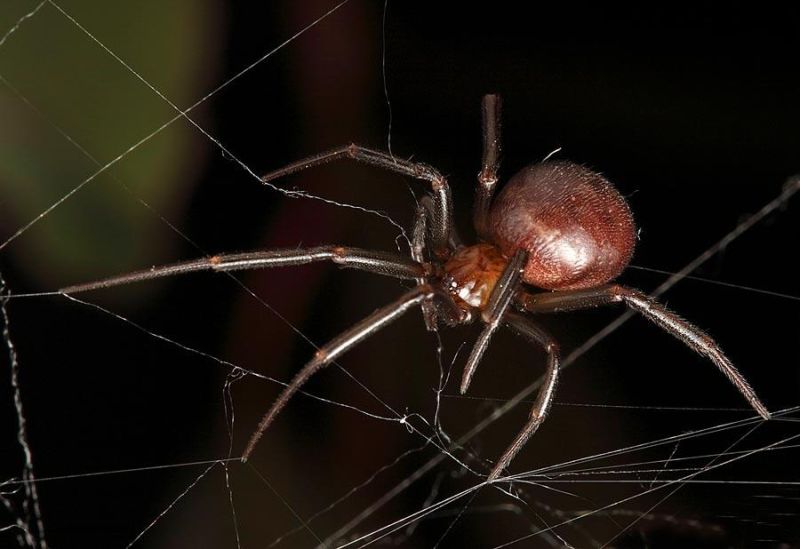
Brown House or Cupboard Spider
These little guys like dark, undisturbed places in and around your home to weave their webs. You might find them in cupboards, in the shed, in compost bins, under plant pots, on walls, under eaves, around garage doors, old furniture, and junk stored in garages or sheds…. pretty much anywhere! A bite from a cupboard spider can be painful but not lethal causing swelling around the area, and possible sweating and nausea.
Despite being a different colour, Brown House Spiders are often mistaken for Redback Spiders due to their similar size and bulbous body shape. Sir Mix-a-lot has been rumoured to be a fan of these spiders (lol).
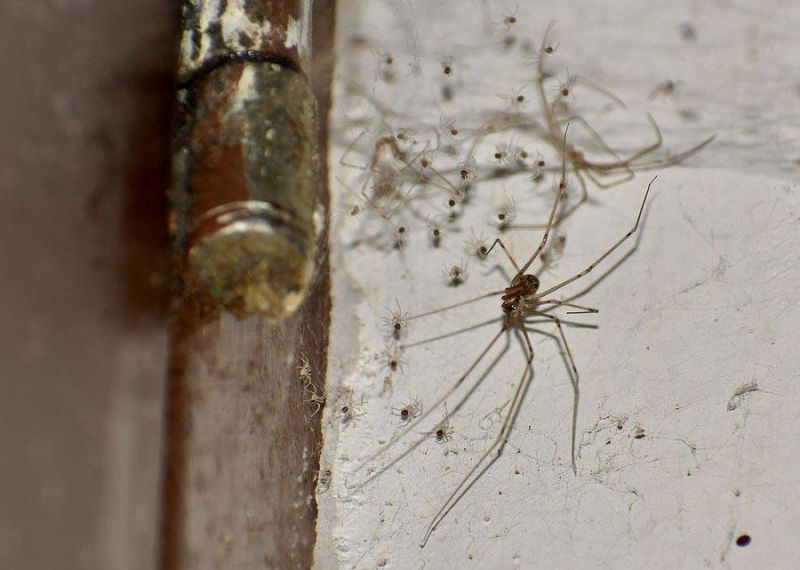
Daddy Long Legs
These spiders look to make their habitat where it is dark, and damp. Garages, bathrooms, and under cabinets are common areas. These spiders are not venomous to us humans and they generally try to avoid us – a bit snobby considering they’re getting free room and board!
They are one of the easiest spiders to identify, as their legs are usually 5-6 times the length of their body. The best way to prevent these spiders is to make sure there is no unnecessary moisture anywhere inside or outside your home. Also make sure there is no loose rubbish, debris, or wood as these things attract daddy long legs (and other critters too).
Silverfish
Silverfish are notorious pests known for their destructive tendencies, earning their name from their shiny, metallic outer shell and distinctive fish-like way of scuttling about. Even though they’re small, they're more like little wrecking balls, munching through your wood, papers, and clothes like it's a buffet, destroying wooden beams and eating clothes, important documents, and expensive works of art (if you’re fortunate enough to have them).
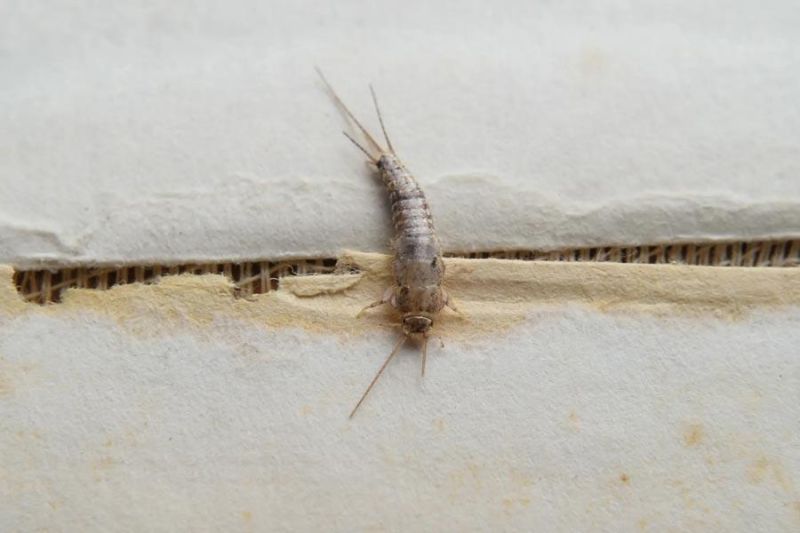
These pests cause untold damage throughout spring and summer; however, if you think that you’re safe from silverfish in the winter, think again! Silverfish are nearly just as active in the cold temperatures as in any other time of the year and unlike many other types of pests, silverfish don’t hibernate. They may slow down and go into a state of diapause, where their metabolic rate slows and growth stops, but they still remain active.
They are not warm-blooded and cannot control their inner body temperature, however, they can alter the composition of their blood and turn it into a sort of antifreeze. This feature allows them to be found in areas so cold it seems uninhabitable, just like some of our Southeastern winters! The cold does little to deprive them of food since they mostly feed on the cellulose found in wood, paper, and fabrics. Since the cold is known to increase condensation, it means that drinking water is never far away either.
Cockroaches
If you find cockroaches in your home then it may be because you have created a good environment for them, however, they’ll never thank you for it. In the winter, when the temperature drops many cockroaches enter a state of diapause. But when cockroaches enter warm buildings, or homes, with plenty of food and water, they can keep active during the winter. This also means they can continue reproducing and eating. Because houses typically provide an ideal environment, complete with warmth, food and water, cockroaches are more likely to enjoy your home in the winter. Boot these cockroaches before they happily take up residence inside:
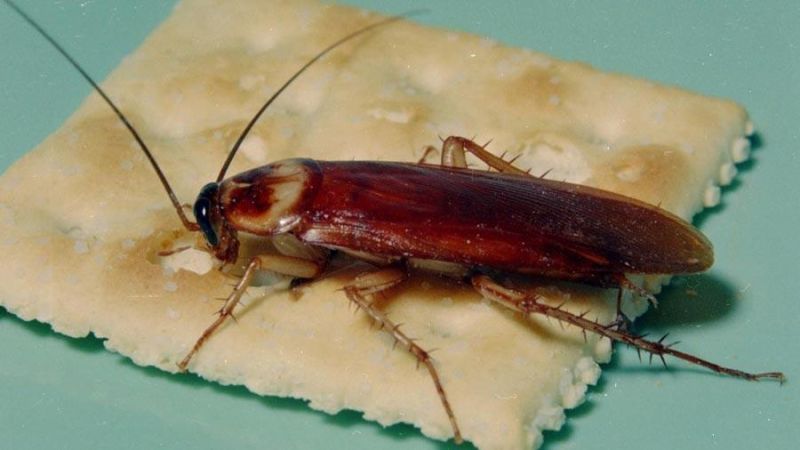
American Cockroaches
Growing up to 5 centimetres in length the American cockroach is reddish-brown with a yellow strip that runs along the back of the head. American cockroaches may feed on anything from human food to faeces (eeew!). Since these roaches prefer areas where food and water are plentiful, they are most often found outdoors around the property. However, during the winter they can venture.
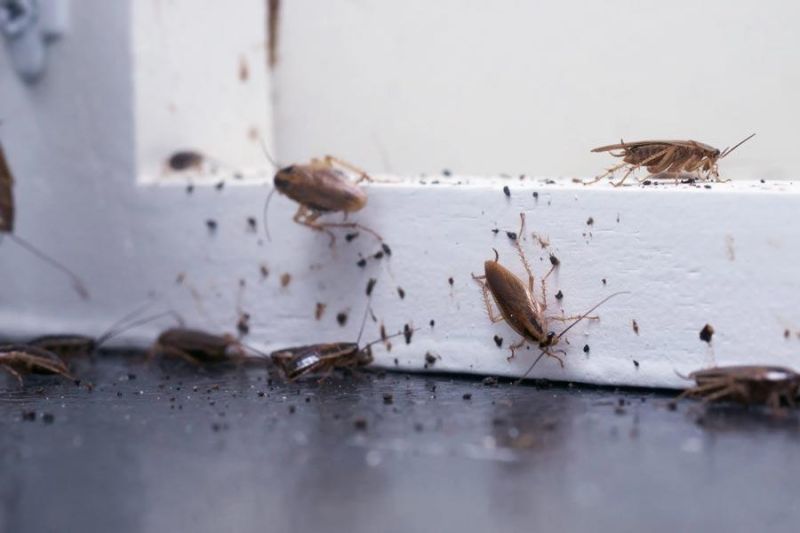
German Cockroaches
Can grow to be a little over 1.25 centimetres in length and is light brown with black stripes running along their pronotum. The pronotum is the protective plate that covers a cockroach’s head that extends from their back, sort of like a cockroach hard hat. German cockroaches are also fast on their feet… maybe that’s why their name is from the land of the autobahn! The German cockroach likes to breed indoors and hides out in wall cracks and voids.
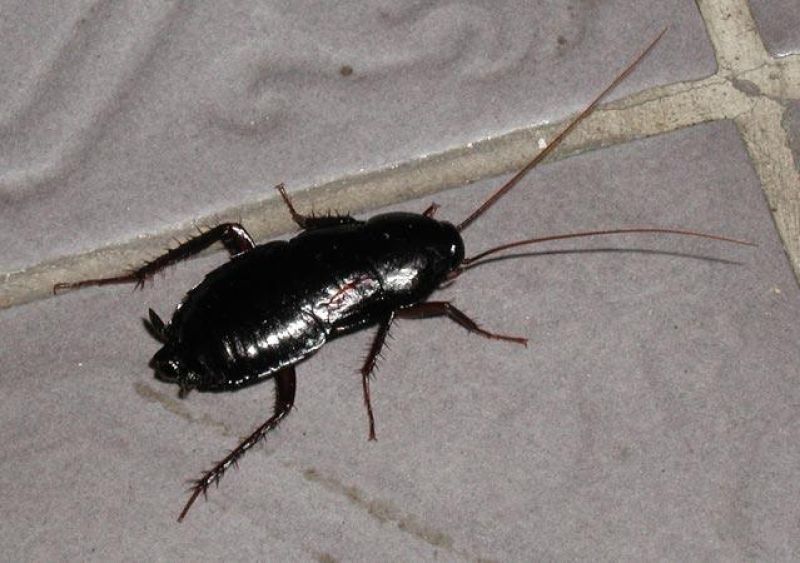
Oriental Cockroaches
Ranging from 2.5 to 5 centimetres in length and are typically dark brown to reddish-brown in colour. Unlike the American and German cockroaches, the oriental cockroach has no markings on its body, which can help in identification. Oriental cockroaches tend to prefer very damp areas, which is why people often mistakenly refer to them as "water bugs." They can be found indoors in bathroom cabinets or around water systems.
Termite treatment: strike while the iron is… cold?
People often ask us; Do termites go dormant in winter? The answer is NO! Termites are active 365 days a year but the colder they are the less they move. Termites tend to stay in and around their nests in the winter months and travel shorter distances to find food. This is great for us because it makes it easier to locate them and effectively apply a termite treatment since they’re not so spread out.
Spiderman SE recommends winter as a great time of year for a termite control treatment for your home or business as termite activity is predictable. However, that does not mean you should wait until winter if you discover an infestation in another season.
So, what's a homeowner to do? Well, don't wait until your house feels like a scene from a horror movie. Call in the experts, like us, Spiderman SE, to evict these unwanted winter tenants. Because while winter might be coming, that doesn't mean you have to share your space with these freeloaders!

